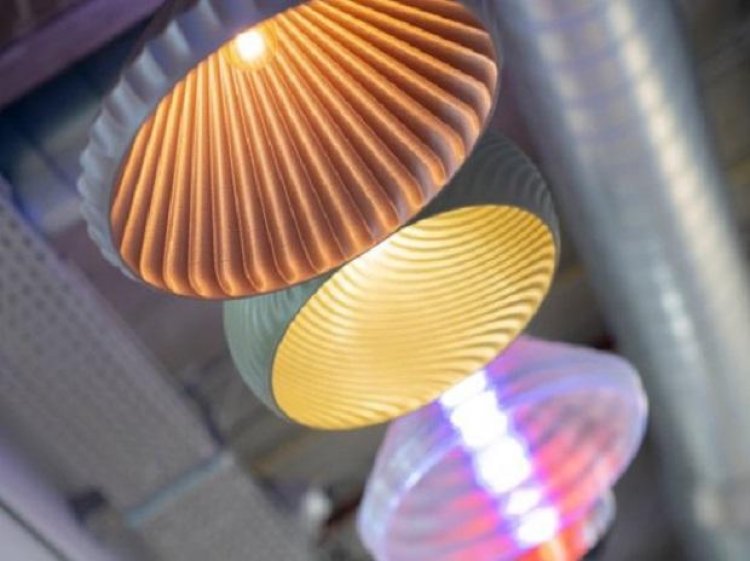Signify Innovations launches tailor-made 3D printed luminaires in India

New Delhi: Signify Innovations India on Thursday launched the country's first tailor-made 3D printed luminaires for industrial and commercial customers.
The company, earlier known as Philips Lighting India, has set up two 3D printing manufacturing facilities -- one at its existing lighting factory in Vadodara and another at its R&D centre in Noida.
3D printing is a highly flexible and more sustainable form of manufacturing, using 100 per cent recyclable polycarbonate material.
This enables it to produce luminaires that have bespoke designs or are tailored to customers' exact needs and recycled at the end of their life, supporting a circular economy.
"We are proud to be the first lighting manufacturer to produce 3D printed luminaires in India on an industrial scale in alignment with the Indian government's agenda of a self-reliant India," Signify Innovations India Vice Chairman and Managing Director Sumit Joshi said.
This also reinforces the company's position at the forefront of lighting and sustainable innovation, he said.
Asked about the projections for India in the first year for this line of business, Joshi said, "Since this is a pioneering concept for the Indian lighting industry, we will start with pilot projects and then grow our customer base to different user segments in the coming year."
The company has already secured two pilot customers for this technology in India.
"We have received orders from a leading design and MEP consultant for installing in their workstation and corridor areas and a leading PSU for installation in their lobby and cafeteria," he added.
According to Signify, switching to 3D printed luminaires can also help companies meet their sustainability goals and allow them the flexibility to co-create their lighting products with endless options for customisation.
A 3D printed luminaire has a 47 per cent lower carbon footprint than a traditionally manufactured metal luminaire, excluding electronics and optics.
The final product is also two-thirds in weight compared to a conventional luminaire, which ultimately translates to a 35 per cent carbon emission reduction during shipping, it said.
"Nearly every component of these luminaires may be reused or recycled at end of life and repurposed into new designs, thereby supporting the concept of a circular economy," it added.
Signify has also set up 3D printing facilities in other parts of the world, including the US, Belgium, the Netherlands and Indonesia.















































